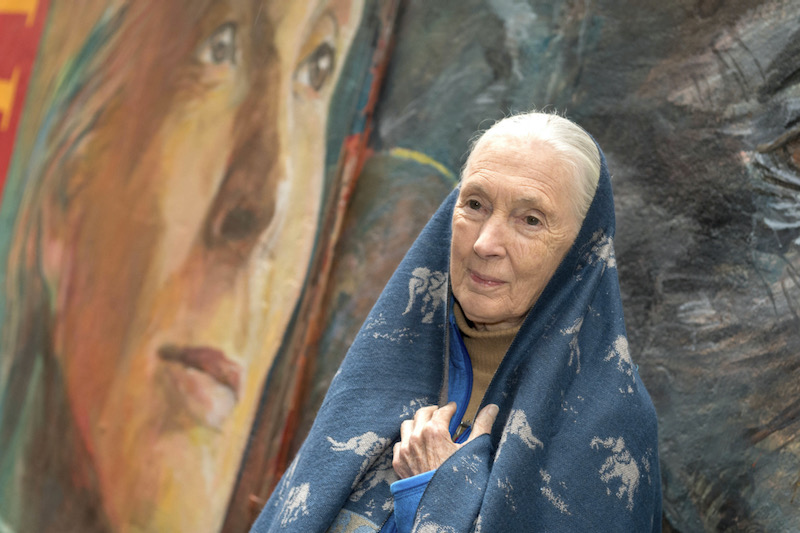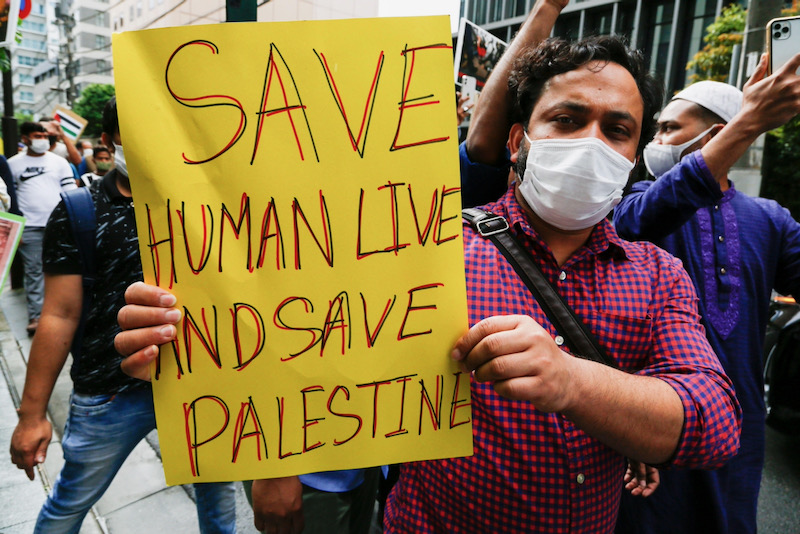Catholic overseas aid charity Cafod has welcomed the 11-day ceasefire brokered by Egypt between the state of Israel and Hamas in Gaza.
However the charity warned that more fundamental steps were needed if the long-running conflict was ever to be resolved.
Cafod said: “There needs to be more than a ceasefire to stop the cycle of death, destruction and suffering for Palestinian and Israeli families. This current violence did not start with the threatened evictions in East Jerusalem and violent policing of protesters which spread violence among Palestinian and Israeli citizens of Israel. The violence has its roots in the 54-year-old occupation that violates the human rights of every Palestinian in the West Bank including East Jerusalem and the Gaza Strip.”
The violence in Gaza began following violent anti-eviction protests in East Jerusalem centred around the al-Aqsa Mosque, the third holiest site in Islam, which ended with Israeli security forces storming the Temple Mount.
Hamas, which controls the Gaza Strip, issued an ultimatum to Israel demanding they withdraw from the Temple Mount, and shortly thereafter began launching rockets into Israeli territory from within Gaza.
In retaliation the Israeli Defence Forces began bombing rocket launch sites in Gaza, demolishing more than 90 buildings including apartments, schools, hospitals and the al-Shati Refugee camp. According to Al Jazeera, at least 232 Palestinians, including 65 children, have been killed in the Israeli bombardment. On the Israeli side, 12 people, including two children, have been killed.
The bombing campaign has been a subject of extreme controversy and debate internationally, with Israel alleging that it was targeting rocket launch sites, which Hamas is known to conceal on or nearby civilian targets such as mosques, school and hospitals, in a strategy some have described as “using human shields”. Meanwhile critics of Israel point to the ongoing annexation of Palestinian land and property, the growth of illegal Israeli settlements, and the lack of civil liberties granted to Palestinian nationals as ultimately driving the violence.
Church leaders, including Anglican Bishop of Worcester John Inge, director of Cafod Christine Allen and Coptic Orthodox Archbishop of London Anba Angaelos have added their voices to a global call for peace, and asked for a longer term ceasefire overseen by the United Nations.
In an open letter they said: “Every effort to secure an immediate ceasefire, including direct pressure from international governments and multilateral bodies, must be pursued. Every hour without a ceasefire leads to more suffering and civilian deaths as of 19 May, at least 227 Palestinians in Gaza, including 64 children, and 12 Israelis, including 2 children have died. We call on members of the Security Council, including the United States and the other permanent members, to put aside differences and call for an immediate ceasefire:
“Extreme violence will remain a constant threat until and unless the root causes of the conflict are properly addressed. In Jerusalem, a city of sacred importance to Christian, Jews, and Muslims, the current unrest is linked directly to the ongoing military occupation of the Palestinian territories by Israel, and efforts to remove Palestinians residents from their homes.
“In the occupied East Jerusalem neighbourhood of Sheikh Jarrah, several families face imminent forced expulsion from the homes they have lived in for decades, to make way for Israeli settlers. Over the past several decades we have seen a significant increase in de facto annexation, with Palestinians expelled from their homes throughout the West Bank, including East Jerusalem, to make way for expanded illegal Israeli settlements. The daily humiliations of occupation are reinforced by restrictions on movements, evictions and demolitions. For violence to end permanently Israel’s occupation must also end.”
Patriarch Pizzaballa, Latin Patriarchate of Jerusalem, said of the conflict: “This crisis must bring the Israeli-Palestinian question back to the centre of the international agenda, which lately seemed forgotten and overcome, but which nevertheless has continued to be a painful wound. The wound was only covered, hidden, but never healed. Once the band that covered it was removed, it became visible and painful again, perhaps even more than in the past.”



 Loading ...
Loading ...